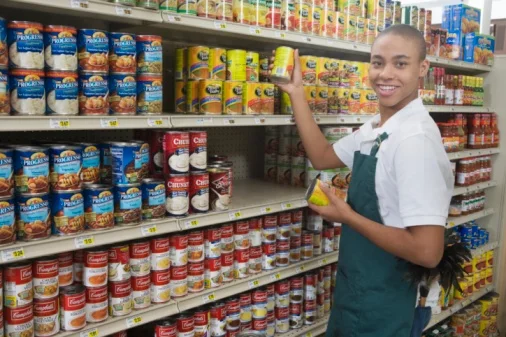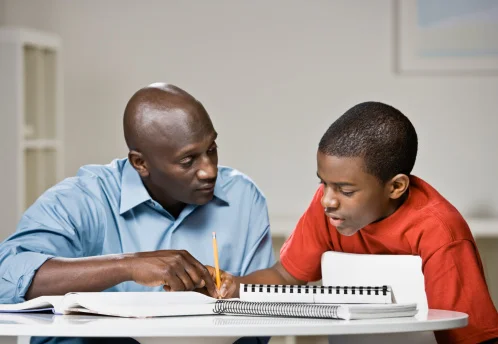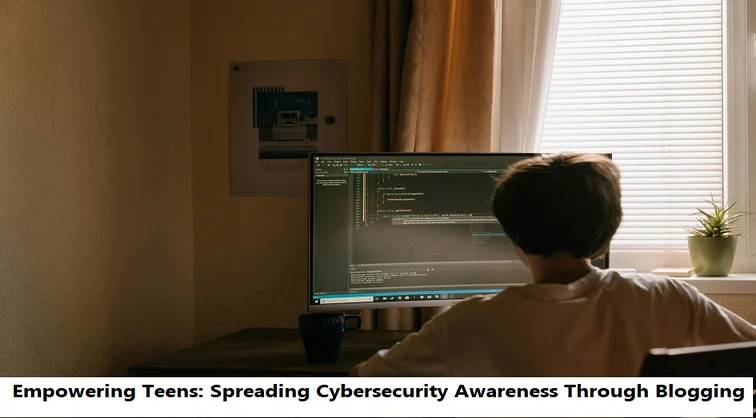+1 845 259 2974 (11 a.m to 7 p.m CST)
Teens help their parents to overcome recession, but at a cost

People of all age groups have been affected by the current downward spiral in economy. The lingering recession and its grim aftermath have had an impact on today’s teens as well as their parents. Many psychological studies claim that adolescence is an age of indifference, that teens are self-centered and self-interested. However, a shift in this mindset can be observed as more and more teens are heading towards workplaces after school.
Responsible teens
Sometimes it is difficult to stay positive about teens and their reaction to certain situations. Parents are not to blame. Teens walk the fine line between childhood and adulthood, often treading back and forth. Many teens today are regaining balance and moving forward. Instead of jaywalking to the local skating park, many teens over the country are taking to flip hamburgers and bag greens to help their parents make ends meet. During problems like recession, teens feel better if they are a part of the solution. Responsible teenagers, working part time while attending school, devote a substantial part of the day to their jobs.
How to fit in everything in your teen’s schedule
It is admirable that children are trying to help their parents financially by taking up jobs to give their families a better living standard. It is a lot easier said than done. Many teens spend considerable time on their workplace. Jobs and paid internships for teenagers during the summer break are fine but there are many things for teens who are working after school that have implications on their life.
Time well-spent
Once your teen is striding steadily towards mid-adolescence, the need to being independent becomes stronger. Teens continue working even after summer break has ended. At this time, teens should focus on their academics rather than earning money. The slightest neglect to their education can have a serious impact on their future.
Even a part-time job drains 15 to 20 hours every week out of your teen’s academic life. This can have serious implications on study timings. By the time your teen gets done with 7 or so hours of school and 3 or 4 hours of work, there is little energy left to put into homework. Performance at school suffers and teens perform miserably at homework.
The next day at school, the same teen is going to have trouble staying alert. He or she is going to find it hard to absorb what the teacher is conveying. An equation can barely be worked on at home when a student has spent most of the time in the classroom with their head on their desk.
Teachers often find this behavior offensive and send such students for some time in the clinic.
Parent-teen relationship
Teens may have more energy than adults but they too need time to decompress. A teen that does not get time for relaxation becomes irritable and does not open to new activities like learning and extracurricular activities. This seriously damages the relationship parents have with their teens.
Moreover, work hours often take a toll on the time family is supposed to spend together. There is less time for parents to bond with teens and build a healthy relationship with them. By the time teens and parents meet, both of them are too tired to spend a quality time together.
At this age, teens want to become independent and have more liberty and freedom. Many teens today are enthusiastic about assisting their parents financially but they have to give up on many things to earn. Parents have to weigh upon the value of what is really being gained by their teen’s after-school job. Parents should talk to their teens about the implications of after-school employment and encourage them towards not working at all during school days, or if they have to, take up a job that gives them freedom to pursue other activities as well.






















